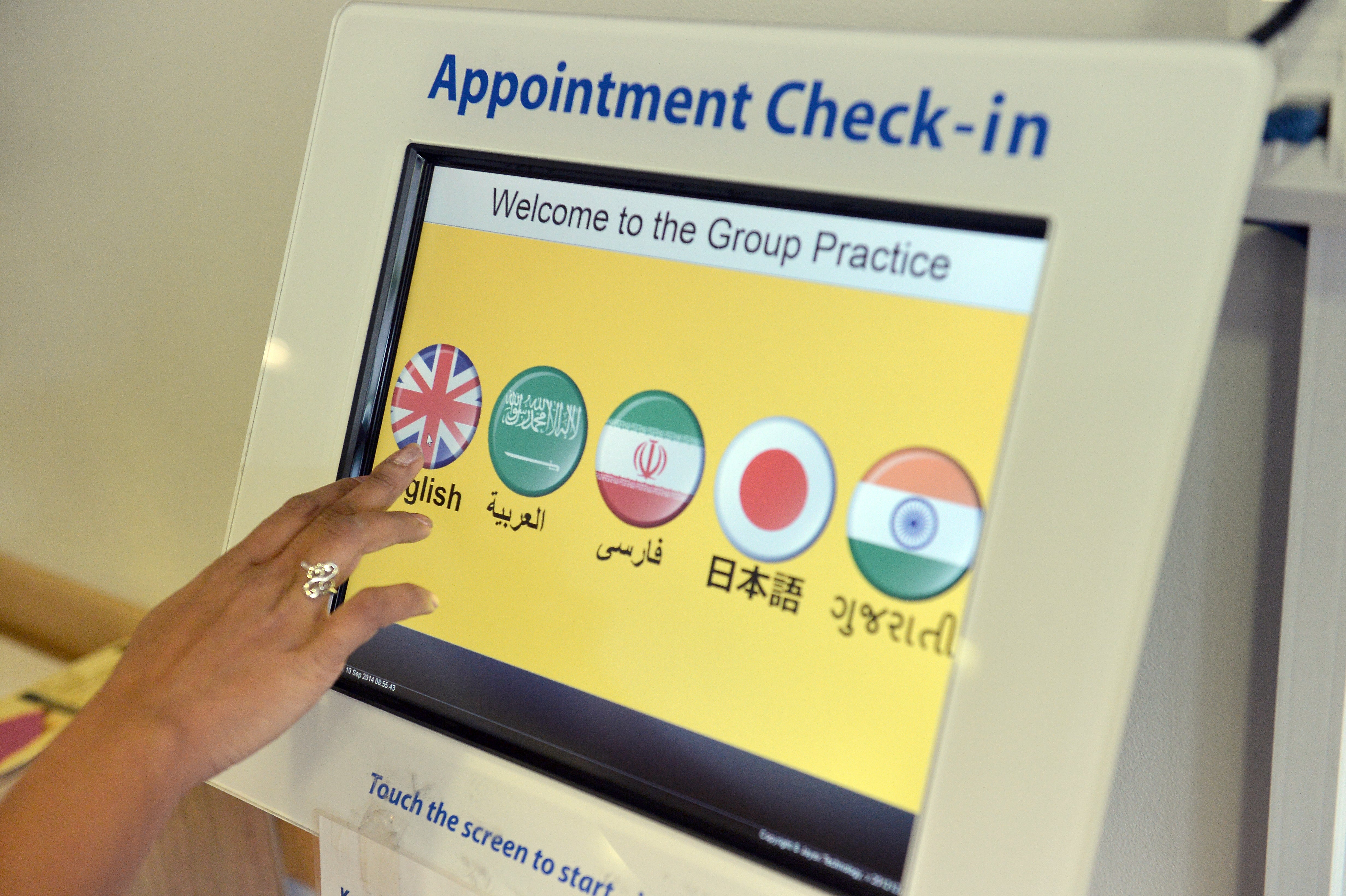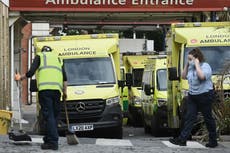One-third of Britons avoid calling GP ‘to keep from overburdening NHS’
Men markedly less likely than women to contact doctors over possible problems, poll finds

Britons lack a worrying amount of information about their own personal health including blood types, BMI and heart rates, according to a survey. It also emerged one-third held off contacting their GP for fear of overburdening the NHS.
The poll of 2,000 adults revealed many were unable to identify key metrics for looking after their health. Just 37 per cent were very confident they could name their own blood type, while only 24 per cent knew what their BMI was.
And only 23 per cent knew what their resting heart rate should be.
When it came to identifying organs within the body, 63 per cent believed they could point out where the heart and brain were located, but only 22 per cent could pinpoint the gall bladder and just 20 per cent could show where the spleen is.
Dr Chun Tang, medical director of private healthcare provider Pall Mall Medical, which commissioned the survey, said: “It’s important we all try to have a good understanding of what it means to be healthy.
“Having knowledge about health allows people to make good choices when it comes to diet, lifestyle and be aware of what to look out for when things might go wrong.
“Our health is one of the most important things we have to look after, and it should be a priority for all of us.”
Just 19 per cent of those polled were completely confident they managed their health well, and one-third were now less likely to call their GP regarding their health since the start of the Covid-19 pandemic.
Not wanting to overwhelm the NHS (37 per cent), worrying about waiting lists (32 per cent) and not thinking their issue is serious enough (31 per cent) were the main reasons people put off calling a professional.
Waiting for health test results (33 per cent) were also one of the most stressful scenarios for adults – ahead of their wedding day (28 per cent) and the birth of a child (23 per cent).
Women were far more likely than men to call their doctors if they spotted a sign of a possible health risk.
In fact, only 50 per cent of men compared to 63 per cent of women would call their doctor if they spotted a sign of cancer, according to the OnePoll survey.
Women were also more likely to call for a doctor on virtually all health problems, including broken bones (39 per cent to 32 per cent), lung problems (51 per cent to 44 per cent) and mental health issues (34 per cent to 24 per cent).
Dr Tang added: “It’s worrying so many people feel they aren’t able to reach out for professional advice when they could have a serious health issue.
“Everyone should have access to the best possible healthcare and not having to worry about the implications that might have on the service they are seeking out.
“Having confidence in your own health can set you up for life and takes a worry off your shoulders.”
Join our commenting forum
Join thought-provoking conversations, follow other Independent readers and see their replies
Comments

Bookmark popover
Removed from bookmarks